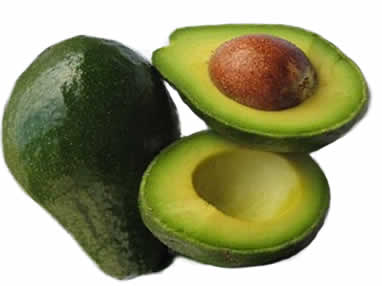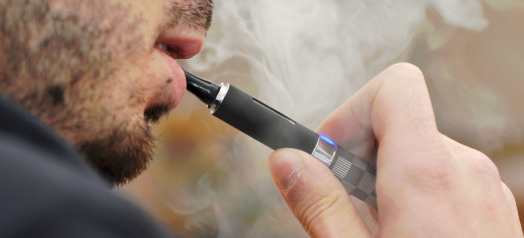 You know the saying, “An apple a day keeps the doctor away”? Turns out eating one apple isn’t enough. A new study suggests people who eat up to seven servings of fruit and vegetables a day can cut their risk of death by 42% – and that vegetables may be more important than fruit to your overall health.
You know the saying, “An apple a day keeps the doctor away”? Turns out eating one apple isn’t enough. A new study suggests people who eat up to seven servings of fruit and vegetables a day can cut their risk of death by 42% – and that vegetables may be more important than fruit to your overall health.
The study, conducted by scientists in the United Kingdom, was published online Monday in the Journal of Epidemiology and Community Health.
The study
Researchers looked at data from more than 65,000 adults over age 35 who participated in the Healthy Surveys for England study between 2001 and 2008.
HSE surveyors had asked participants about their fruit and vegetable consumption during a 24-hour time period. Portion sizes were defined by the UK’s Department of Health to be about 80 grams (equivalent to just under 3 ounces). The new study authors compared this nutrition information to mortality data for the group over the following eight or so years.
The results
The participants ate an average of 3.8 servings of fruit and vegetables per day. Older, non-smoking women tended to eat more than other demographic groups. Produce consumption was also linked to participants’ body mass indexes; those who ate more fruit and vegetables tended to have a lower BMI.
The researchers found that a diet rich in fruit and vegetables can be protective against cancer, heart disease and all other causes of death. Eating at least seven servings was best, but each serving increase was associated with a lower risk of death.
To make sure they weren’t counting people who were seriously ill at the time of the survey, researchers excluded deaths that occurred in the year following the data collection. When they did so, they found that people who ate at least seven daily servings of fruit and vegetables had a 42% lower risk of death from all causes than those who ate less than one daily serving.
When researchers broke it down by cause of death, veggie lovers had a 25% lower risk of dying from cancer, and a 31% lower risk of dying from heart disease or stroke.
Vegetables seemed to provide a greater health benefit than fruit. Eating more than three or four servings of fruit daily didn’t increase a study participant’s chance of survival, the study authors concluded.
Study limits
HSE surveyors only recorded one day of each study particpant’s fruit and vegetable consumption. On that day, the participant could have eaten more or less produce than they would normally consume.
Researchers also did not include participants’ total caloric intake, salt consumption or fat consumption in their analysis.
As the study authors say, their data shows a “strong association, but not necessarily a causal relationship.”
Takeaway
Eat more vegetables. Even if you, like many of the study participants, believe you’re eating an overall healthy diet, you “need to aim higher,” according to an editorial accompanying the study.
This study follows previous research presented at the American College of Cardiology’s annual session last week. Dr. Michael Miedema and his colleagues found that women who ate eight to nine servings of fruit and vegetables in their 20s were 40% less likely to have dangerous plaque in their arteries in their 40s.
“There is value in knowing how the choices we make early in life have lifelong benefits,” Miedema said in a press release.
So fill up on salad. Snack on raw carrots. And yes – eat that apple.
Sorce: CNN










